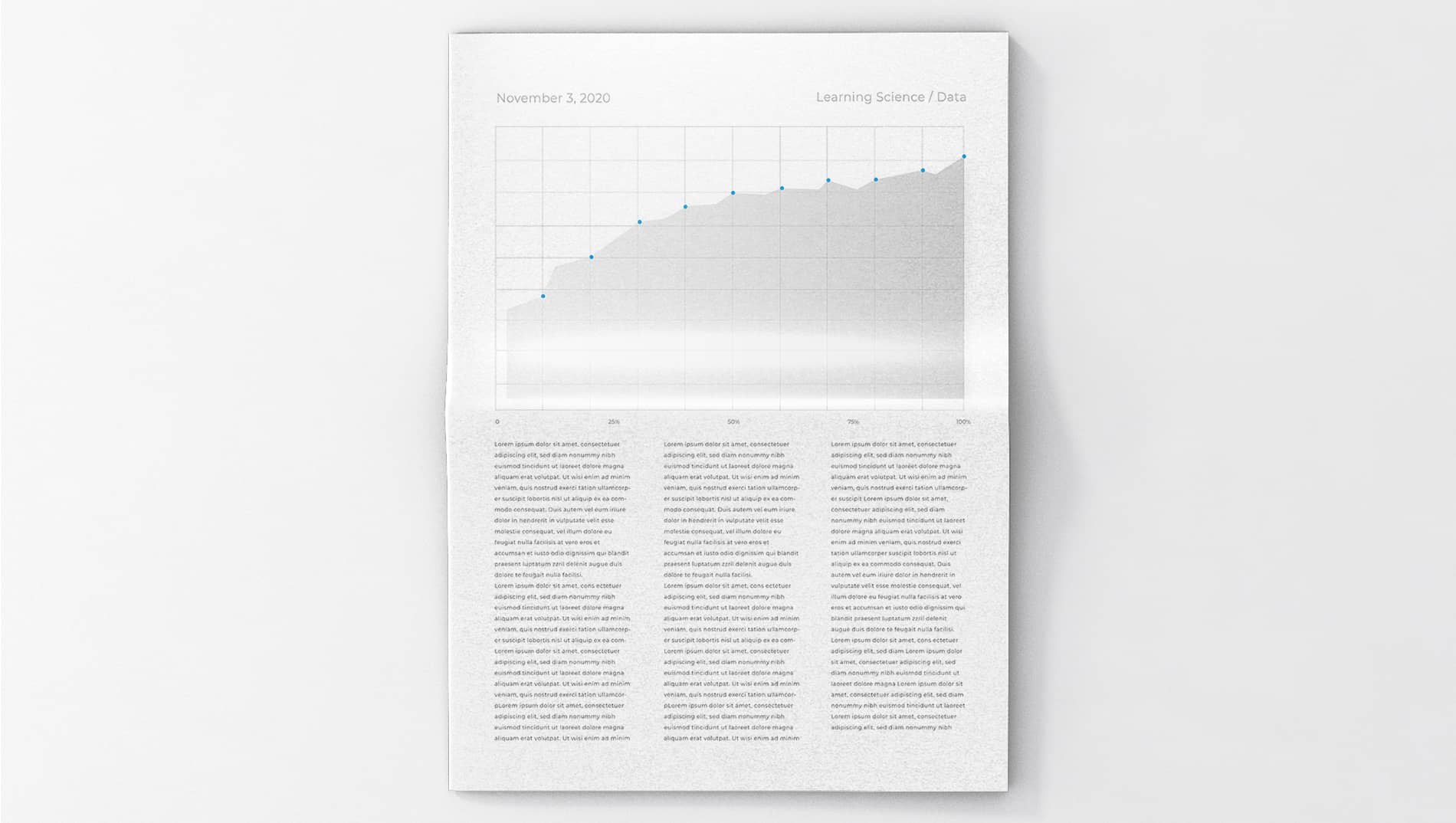The Importance of Metacognition in the Learning Process and Medical Licensure Testing
One of the most difficult aspects of preparing for a medical licensure test is determining how to regulate your own learning[1]. When studying on your own, you must make many decisions including: what to study, how long to study, when to study, etc.
Research has shown that one of the most important factors in the learning process and making these decisions is a learner’s metacognition – one’s understanding of one’s own knowledge and abilities[2]. Unfortunately, research has also shown that most people are not good at making these judgments; adult learners commonly overestimate their understanding and underestimate how much they will forget[3].
Avoiding the Illusion of Knowing
One of the leading causes for these metacognitive errors is a phenomenon that has been called the “illusion of knowing.”1 While studying material or reviewing feedback, learners come to believe that they understand and will remember the information because it is very fluent, which provides a sense of familiarity[4].
However, just because something is familiar does not mean that you will be able to remember it on a future test. This mismatch between one’s metacognitive judgments and one’s proficiency on the material creates ineffective study behavior2.
Correcting Metacognitive Errors
Fortunately, research has also given us insight into how to correct these metacognitive errors. Making test predictions after a delay from when the material was studied and/or before answering questions (rather than after receiving feedback) reduces the learner’s reliance on fluency when making these judgments, increasing their accuracy.[5] This is why we are asking you to make these predictions before you take a practice test.
Further, repeatedly making these test predictions has another advantage; you will gain insights into your own metacognition. You will be able to determine if you are consistently over or under confident, so that over time you can refine your metacognitive judgments, increasing the accuracy of your medical licensure exam predictions even further.
This increased metacognitive accuracy will result in better insight into your own learning, allowing you to make better study decisions and increase the effectiveness and efficiency of your study sessions.
References:
[1] Bjork, R.A., Dunlosky, J., & Kornell, N. (2013). Self-regulated learning: Beliefs, techniques, and illusions. Annual Review of Psychology, 64, 417-444.
[2] Metcalfe, J., & Finn, B. (2008). Evidence that judgments of learning are causally related to study choice. Psychonomic Bulletin & Review, 15, 174-179.
[3] Koriat, A., Bjork, R.A., Sheffer, L., & Bar, S.K. (2004). Predicting one’s own forgetting: the role of experience-based and theory-based processes. Journal of Experimental Psychology: General, 133, 643-656.
[4] Koriat, A., & Bjork, R.A. (2005). Illusions of competence in monitoring one’s knowledge during study. Journal of Experimental Psychology: Learning, Memory, and Cognition, 31, 187-194.
[5] Rhodes, M.G., & Tauber, S.K. (2011). The influence of delaying judgments of learning on metacognitive accuracy: A meta-analytic review, Psychological Bulletin, 137, 131-148.
About the Author

Kathleen Arnold, Ph,D. is a cognitive psychologist who specializes in learning and memory. Her research interests include both basic research in understanding the cognitive mechanisms underlying memory as well as applied work that connects cognitive psychology research to education. She has published her research in over a dozen peer-reviewed journal articles and book chapters and has presented her work at numerous regional, national, and international conferences. She received her Ph.D. in experimental psychology from Washington University in St. Louis and then completed a 4-year postdoctoral research fellowship at Duke University. She now works as an assistant professor of psychology at Radford University
